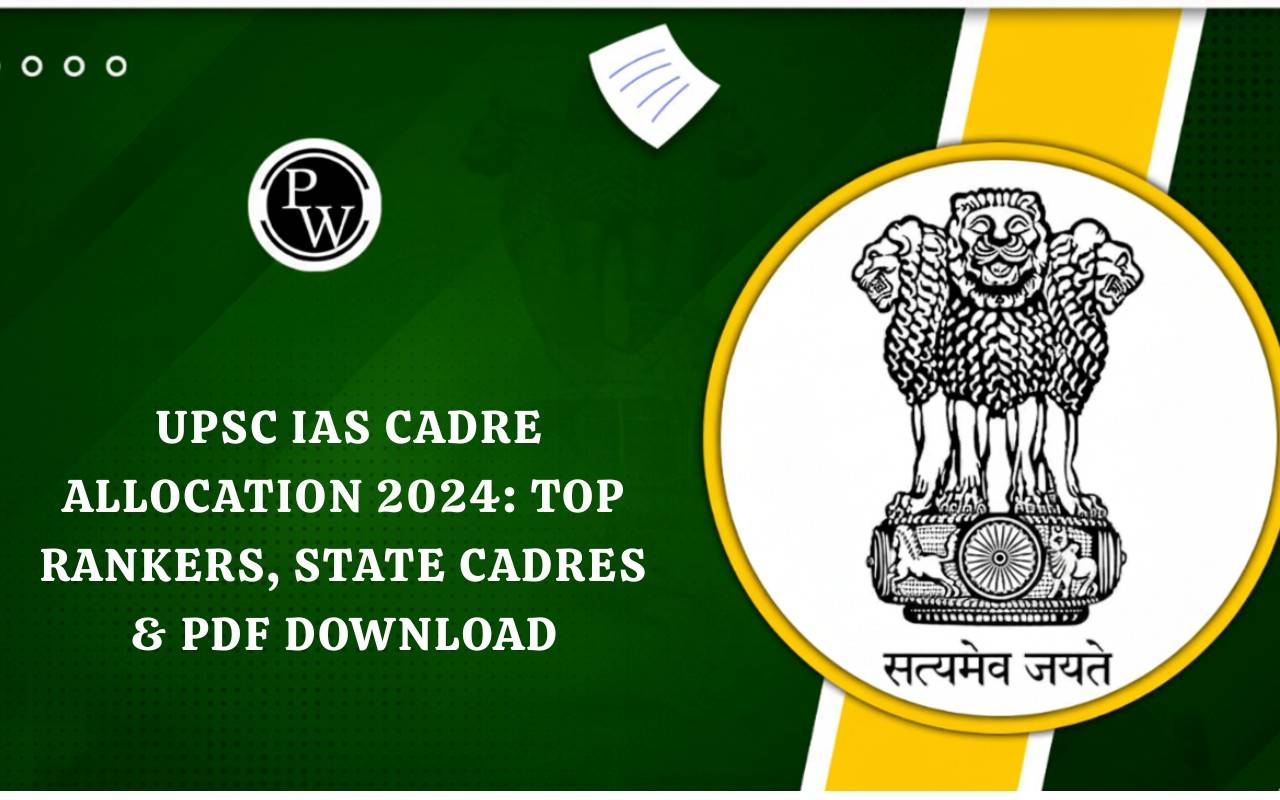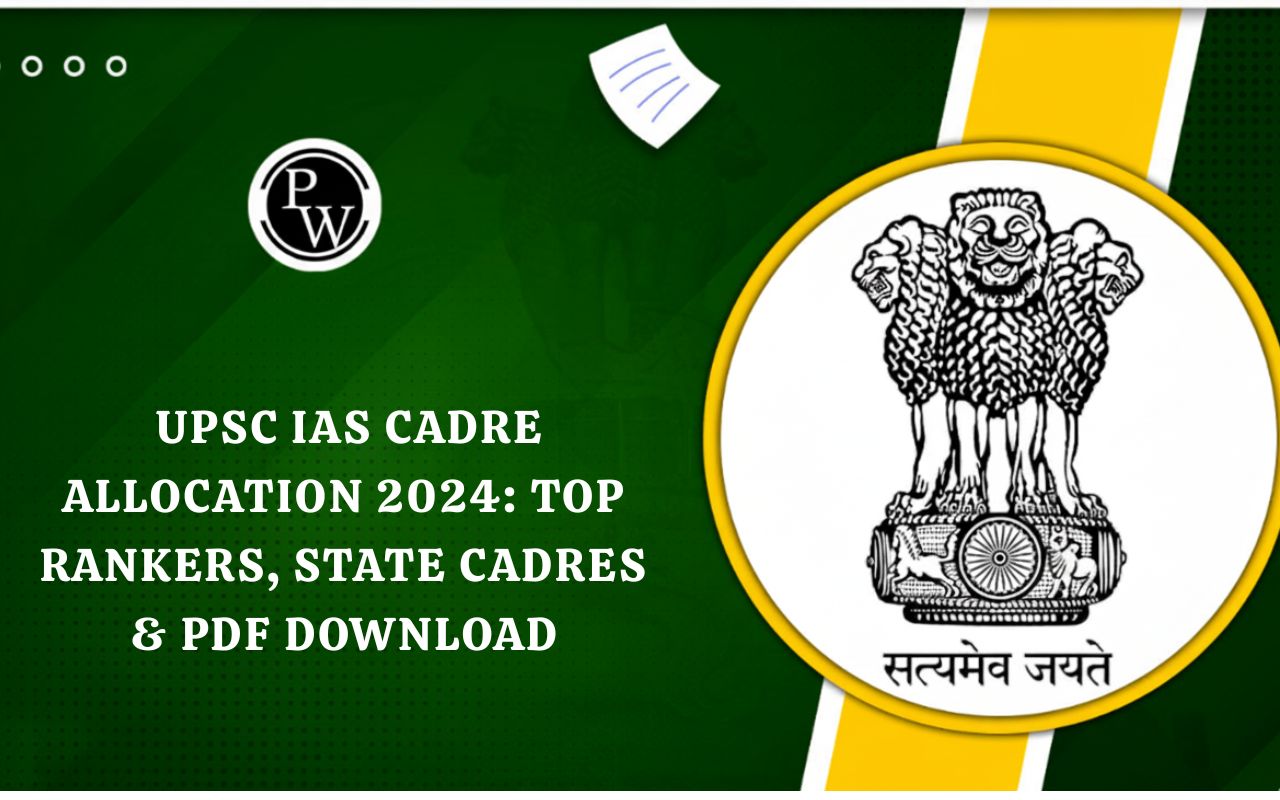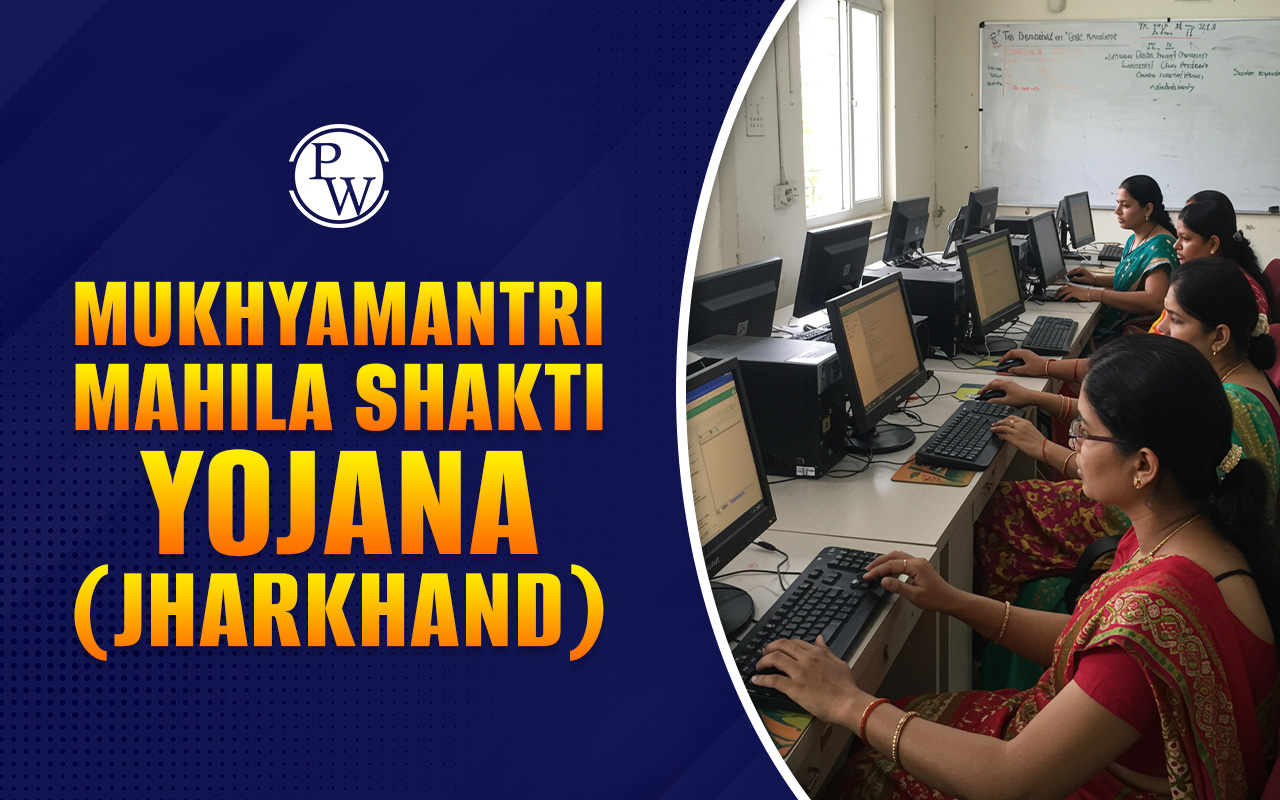
Mnemonics For UPSC Exam: Preparing for the UPSC Exam 2025 can be overwhelming due to the vast syllabus. Mnemonics, known as memory aids, play a crucial role in simplifying complex topics and aiding in quick recall during exams. Using Mnemonics for UPSC Exam 2025 is a smart strategy to master the extensive syllabus, particularly for prelims. These tools are especially designed to make learning more efficient and less stressful, ensuring that candidates can approach the exam with confidence. Read on for a list of mnemonics that can be used for the upcoming UPSC CSE exam.
Mnemonics: A Smart Way to Retain Information for UPSC Exam 2025
Mnemonics For UPSC Exam 2025 are powerful memory aids that help you remember complex information quickly and easily to crack this challenging exam. They are especially useful for the UPSC Prelims exam, where you need to memorize a vast amount of facts, figures, and concepts. Mnemonics simplify the learning process by transforming complex information into easy-to-remember phrases, acronyms, or sentences.UPSC Mnemonics for Geography
Geography is a subject that covers diverse topics like physical geography, human geography, and world geography. Mnemonics for UPSC Exam in geography help in remembering key concepts and details.Horn of Africa Countries: SEED
S - Somalia
E - Ethiopia
E - Eritrea
D - Djibouti
Countries Bordering Caspian Sea: TARIK
Equator Passes in Asia Through: Kiribati, Indonesia, Maldives (KIM)
UPSC Mnemonics for History
History is rich with dates, events, and important figures, making it a challenging subject. Mnemonics for UPSC Exam in history can simplify the process of memorization. Here are some examples:Kings Who Practiced Buddhism:
Triratna in Jainism: KFC K - Right K nowledge F - Right F aith C - Right C onduct
Delhi Sultanate: Sab Khao Tamatar Sab Lo Maze ( S lave, K hilji, T ughlaq, S ayyid, Lo dhi, M ughals)
Mughal Emperors: BHAJSAB B - Babur H - Humayun A - Akbar J - Jahangir S - Shah Jahan A - Aurangzeb B - Bahadur Shah Zafar
Key Modern History Events : Partition of Bengal, Dandi March, Non-Cooperation Movement, Quit India Movement , Home Rule Movement ( Parth’s Dad Never Quit History )
UPSC Mnemonics for Polity
Polity involves understanding the Constitution, political systems, and government functions. Mnemonics For the UPSC Exam in polity can help in recalling key articles, different parts of the Constitution, and their functions. Some popular polity mnemonics are:Parts of the Constitution:
U Can Fly Directly From United States Using Para Military Special Rocket.
U = Union and its territories (1)
C = Citizenship (2)
F = Fundamental Rights (3)
D= DPSPs (4)
F = Fundamental Duties (4A)
U = Union (5)
S = States (6)
U = Union Territories (8)
P = Panchayats (9)
M = Municipalities (9A)
S = Scheduled and Tribal areas (10)
R = Relation between Union and States (11)
Schedules of the Indian Constitution: TEARS OF OLD PM
T = Territory (I)
E= Emoluments (II)
A = Affirmations and Oaths (III)
R = Rajya Sabha (IV)
S = Scheduled areas (V)
O = Other Scheduled areas (VI)
F = Federal provisions, Union, State, Concurrent Lists (VII)
O = Official languages (VIII)
L = Land reforms (IX)
D = Defection (X)
P = Panchayats (XI)
M = Municipalities (XII)
Permanent members of UNSC: France, Russia, America, China, England ( FRACE )
States with Bicameral Legislature: Karnataka, Andhra, Maharashtra, Bihar, UP, J&K, Telangana ( KAMBUJ - Tea)
Methods to acquire citizenship - BRAND B - Birth R - Registration A - Acquisition of Territory N - Naturalisation D - Descent
UPSC Mnemonics for International Relations
UPSC Mnemonics for International Relations are essential tools for aspirants aiming to remember complex groups of countries and organizations. UPSC IR mnemonics make it easier to recall bordering countries such as:
- G20 Group: Germany, USA, Russia, United Kingdom, Japan, India, Saudi Arabia, Indonesia, Turkey, Australia, Argentina, Brazil, South Africa, South Korea, Canada, France, China, Italy, Mexico, European Union ( GURU JI SITA AB SSC FCI ME work karti hai).
- G4 Group: Brazil, India, Germany, Japan ( BIG Japan )
- ASEAN Countries: Malaysia, Burma, Brunei, Singapore, Cambodia, Laos, Indonesia, Philippines, Thailand, Vietnam ( MBBS CLIP TV )
- BIMSTEC Countries: Myanmar, Bangladesh, Bhutan, Sri Lanka, Nepal, India, Thailand ( MBBS NIT )
- India’s Bordering Countries from Largest to Smallest: Bangladesh, China, Pakistan, Nepal, Myanmar, Bhutan, Afghanistan ( BaChPaN MBA )
UPSC Mnemonics for Economy
The economy section covers topics like inflation, banking, fiscal policies, and more. Mnemonics for UPSC Exam for the economy subject can help in remembering complex terms and their meanings. Some useful UPSC mnemonics are:Coal, Crude, Cement, Fertilizers, Refinery, Electricity, Natural gas, Steel ( CCC FRENS )
Remember Indirect Taxes: ExCuSe ME
E - Excise Duty
C - Customs Duty
S - Service Tax
M - Motor Vehicle Tax
E - Entertainment Tax
Focus of Eleventh Five-year Plan:
TEACHERS T - Tele-communication (2G) E - Electricity, Environment Science A - Anemia C - Clean water H - Health Education E - Environment R - Rapid growth S - Skill Development
Tools for Monetary Policy:
RC is RuDe R: Reserve Requirements (Cash Reserve Ratio) D: Discount Rate (Interest rate at which commercial banks borrow from the central bank) R : Repurchase Agreements (Repo Rate) C : Open Market Operations (Buying and selling of the government securities)
LPG Reform L - Liberalisation P - Privatisation G - Globalisation
UPSC Mnemonics for Environment
The environment section includes topics like ecology, biodiversity, and environmental laws. Mnemonics for UPSC in the environment subject ensure that key facts are at your fingertips during the exam:- Western Ghats
- Himalayas
- Indo-Burma
- Sundaland
- No – Nokrek Biosphere Reserve
- G – Gulf of Mannar
- S – Simlipal
- G – Great Nicobar
- K – Khangchendzonga
- (i)N – Nilgiri
- S – Sunderbans
- A – Achanakmar-Amarkantak
- P – Panchmarhi
- P - Panna Biosphere Reserve
- N – Nanda Devi
- A – Agasthyamalai
- C - Carbon Dioxide (CO₂)
- H - Hydrofluorocarbons (HFCs)
- A - Ammonia (NH₃)
- M - Methane (CH₄)
- P - Perfluorocarbons (PFCs)
Environmental Acts in India: WATER
- W - Water (Prevention and Control of Pollution) Act, 1974
- A - Air (Prevention and Control of Pollution) Act, 1981
- T - The Environment (Protection) Act, 1986
- E - The Wildlife Protection Act, 1972
- R - The Forest Conservation Act, 1980
Major Forest Types in India: TIDAL
T - Tropical Evergreen
I - Temperate
D - Deciduous
A - Alpine
L - Littoral
How to Create Your Own Mnemonics for UPSC Preparation
Creating your own mnemonics can be an effective strategy to tackle challenging topics in the UPSC syllabus. Personalized mnemonics are tailored to your memory, making it easier to recall specific details during the exam. Here are some steps to create powerful mnemonics:- Break Down Complex Information: Identify key concepts, facts, or terms that are difficult to remember. Break them into smaller, manageable chunks, and focus on the essential elements.
- Use Acronyms or Phrases: Form acronyms using the first letters of the keywords or create short, catchy phrases that you can easily associate with the topic. For example, to remember the parts of the Constitution, use creative and relatable acronyms like "TEARS OF OLD PM" for the schedules.
- Make It Relatable: Use words, characters, or scenarios that you can easily connect with. This could be based on personal experiences, common objects, or famous personalities. The more relatable, the better the mnemonic sticks.
- Visual Mnemonics: Sometimes adding a visual element to your mnemonic, such as associating it with an image or pattern, can make recall much easier. Use mind maps or drawings to link information visually.
- Practice and Review: After creating your mnemonics, practice them regularly to ensure they stay fresh in your mind. Revisit them during your revision sessions for maximum retention.
| UPSC Related Articles | ||
| UPSC Mains | UPSC Optional Subject | UPSC Prelims 2025 |
| UPSC Mains Exam Pattern | UPSC 2025 Exam Date | UPSC Syllabus 2025 |
Mnemonics For UPSC Exam FAQs
How can I memorize facts and data for the UPSC Exam 2025?
What are mnemonics for UPSC Exam 2025?
How to remember G20 countries for UPSC Prelims 2025?
What is the G4 member trick for the IAS exam?
What is the NATO mnemonic for UPSC?










